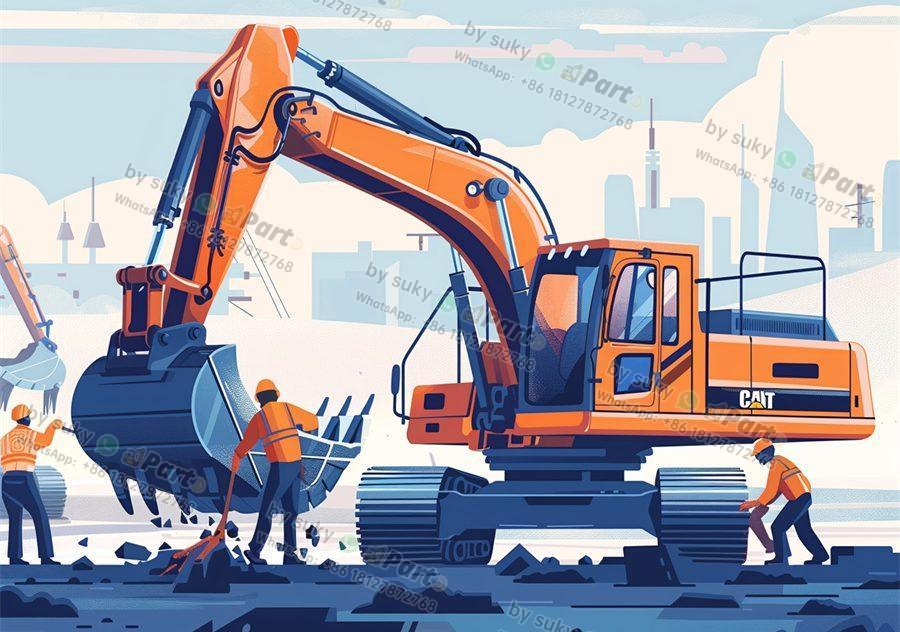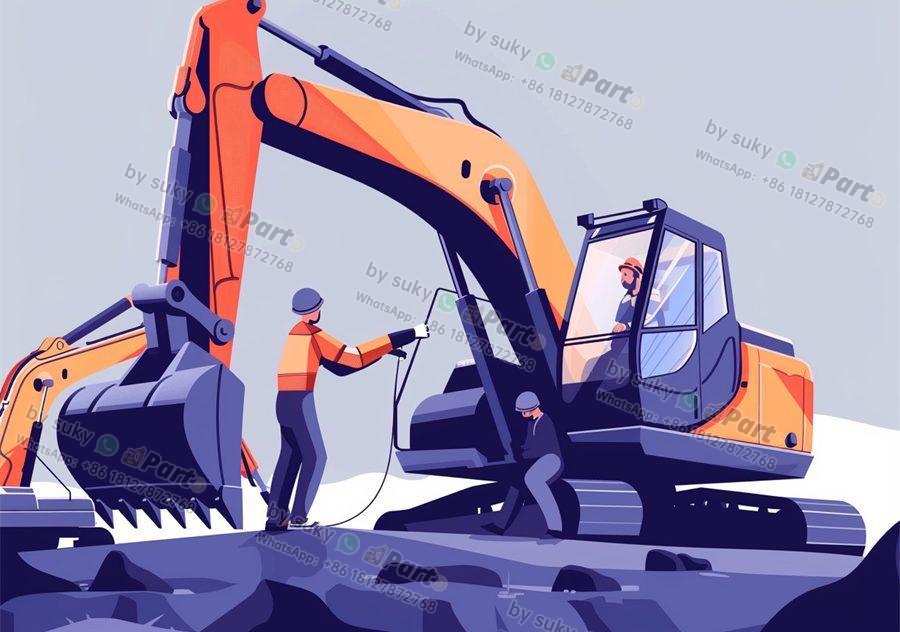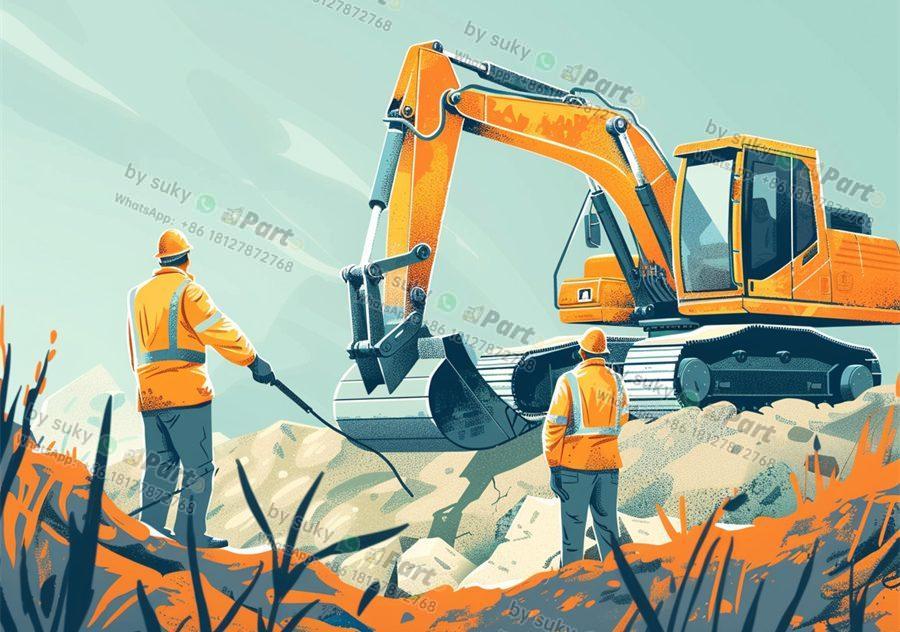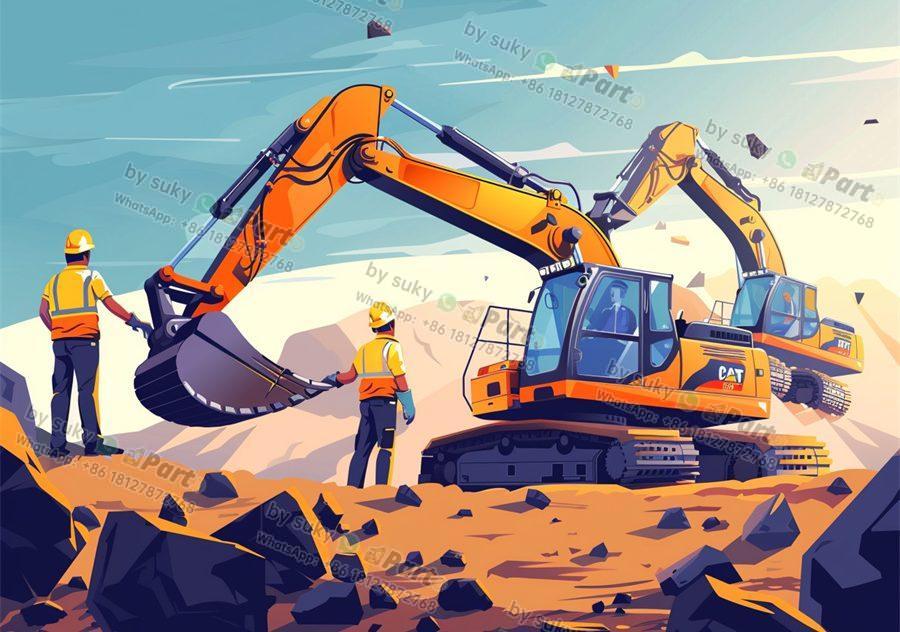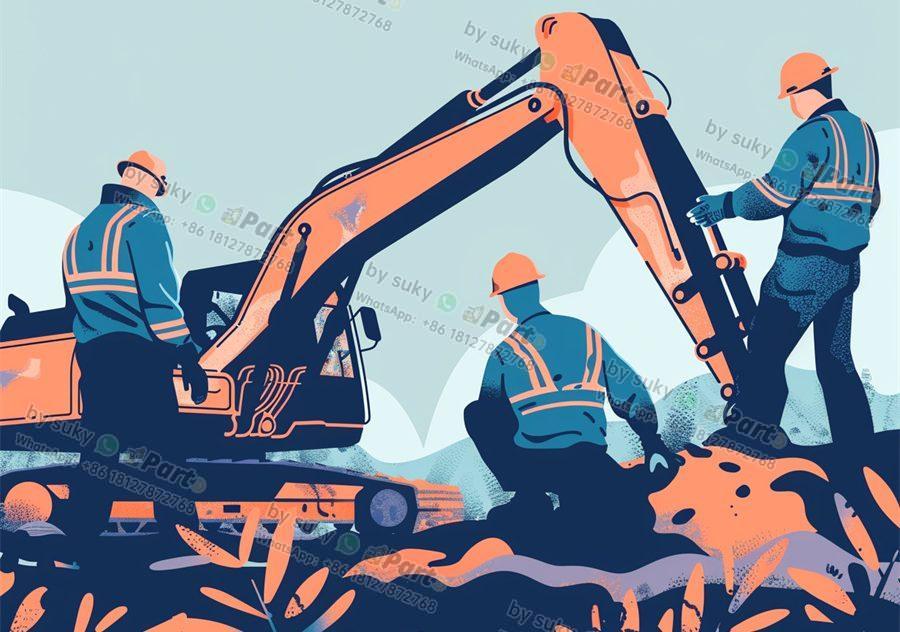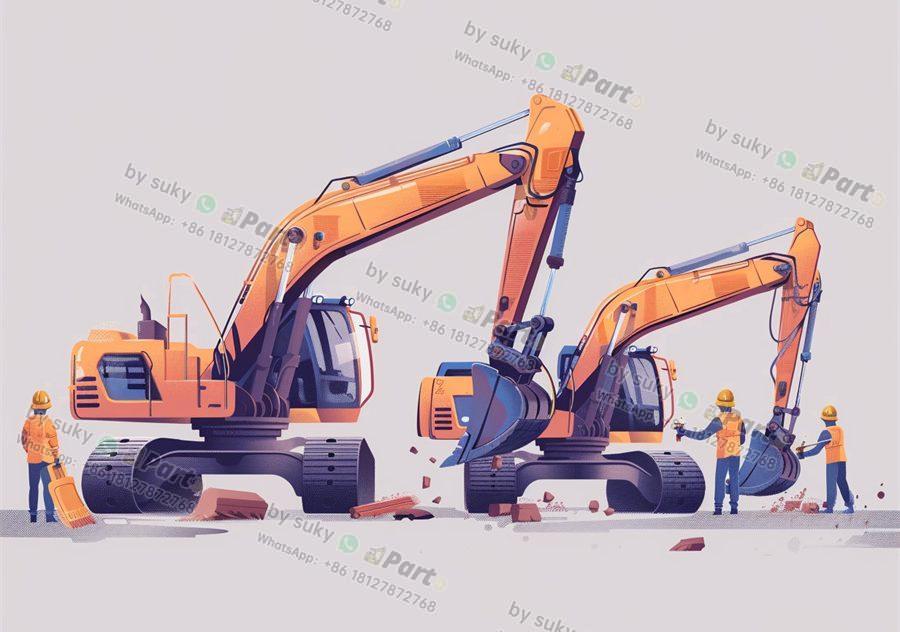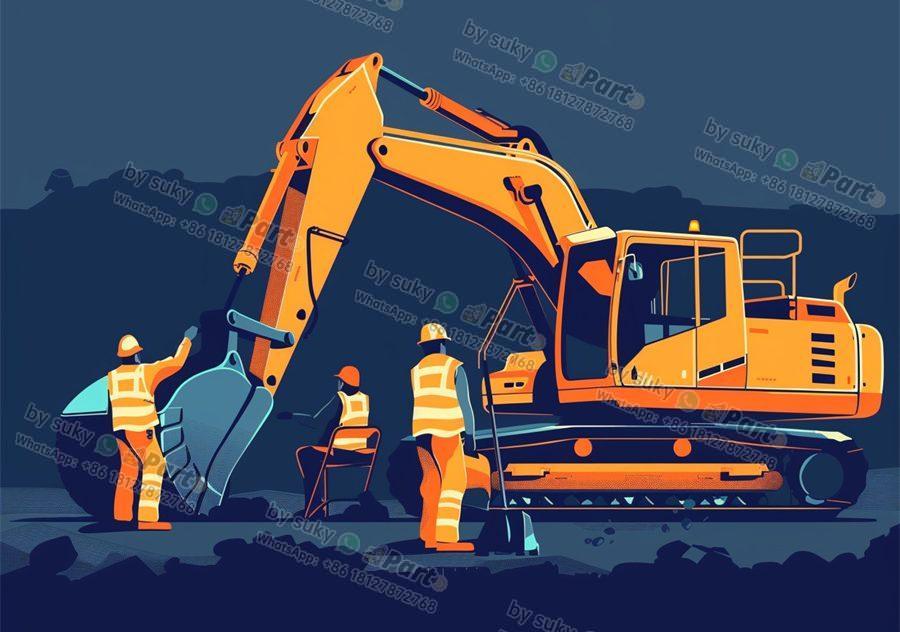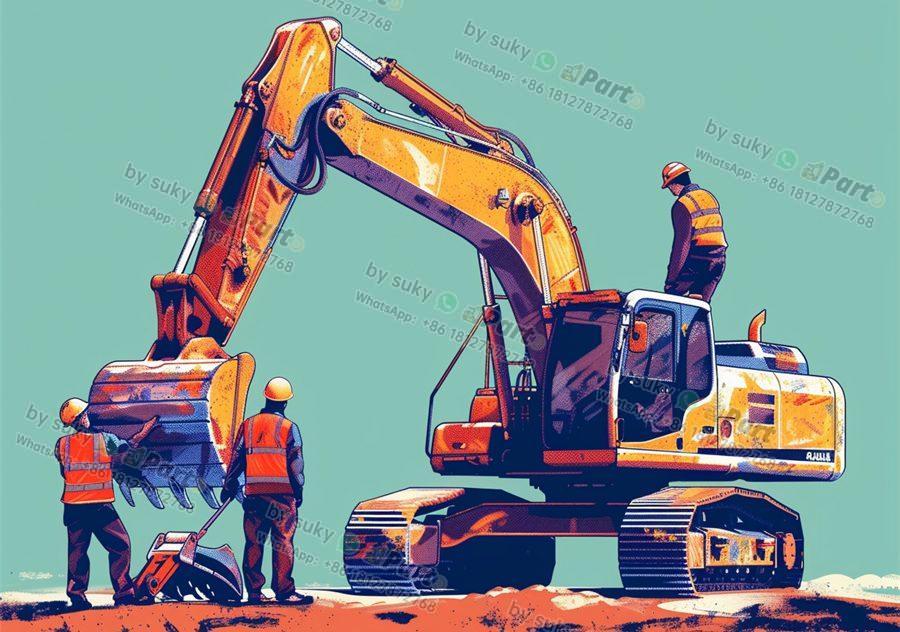As an importer or distributor of engineering vehicle parts, it is crucial to be able to identify genuine parts in order to ensure the quality and reliability of the products you are selling. With the market flooded with counterfeit products, knowing how to distinguish between genuine and fake engineering vehicle parts is essential. In this article, we will discuss some key factors to help you identify genuine engineering vehicle parts.
1. Manufacturer’s Label and Packaging
One of the easiest ways to identify genuine engineering vehicle parts is to check the manufacturer’s label and packaging. Genuine parts will typically have a clear and professionally printed label with the manufacturer’s logo, part number, and other relevant information. The packaging should also be of high quality, with no signs of tampering or damage. If the label or packaging looks suspicious or of poor quality, it is likely that the part is counterfeit.
2. Quality and Materials
Another important factor to consider when identifying genuine engineering vehicle parts is the quality and materials used. Genuine parts are usually made from high-quality materials that meet the manufacturer’s specifications and standards. They are also precision-engineered to fit and function correctly within the vehicle. If a part looks flimsy, poorly made, or does not fit properly, it is probably a fake.
3. Price and Source
While price alone is not always an indicator of authenticity, it is worth considering when trying to identify genuine engineering vehicle parts. If a part is being sold at a significantly lower price than usual, it may be a counterfeit product. Be cautious of parts sold by unauthorized dealers or through unknown sources, as these are more likely to be fake. Stick to reputable suppliers and manufacturers to ensure the authenticity of the parts you are purchasing.
In conclusion, being able to identify genuine engineering vehicle parts is crucial for importers and distributors in the industry. By checking the manufacturer’s label and packaging, inspecting the quality and materials used, and considering the price and source of the parts, you can greatly reduce the risk of selling counterfeit products. Remember to always purchase from reputable suppliers and manufacturers to ensure the quality and reliability of the engineering vehicle parts you are selling.

